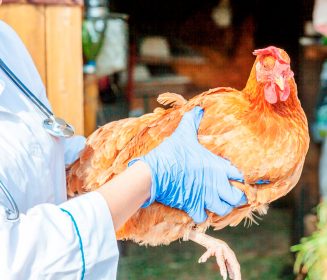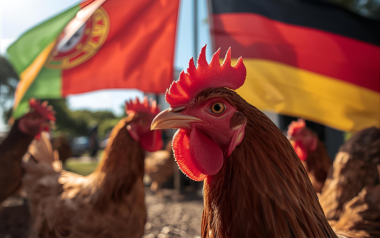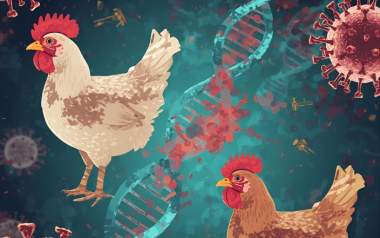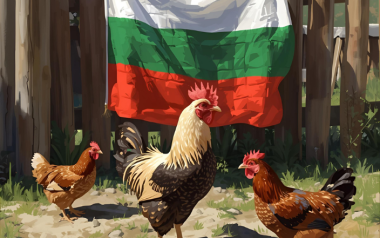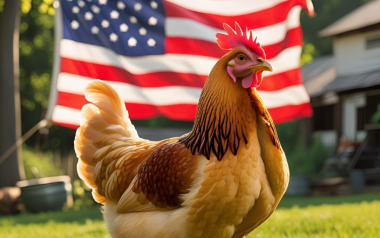Sources: Available upon request
08 Apr 2025
UK confirms first case of Avian Influenza H5N1 in a sheep
In a groundbreaking development, the United Kingdom has confirmed the first case of Avian Influenza H5N1 in a sheep. This unprecedented event occurred in Yorkshire, where the infection was identified through routine milk testing.
In a groundbreaking development, the United Kingdom has confirmed the first case of Avian Influenza H5N1 in a sheep. This unprecedented event occurred in Yorkshire, where the infection was identified through routine milk testing. The Department for Environment, Food & Rural Affairs (Defra) and the Animal and Plant Health Agency (APHA) have been closely monitoring the situation.
The discovery was made following repeated positive tests for avian influenza in milk samples from the infected sheep. This testing was part of a broader surveillance effort after avian influenza was detected in captive birds on the same premises. The infected sheep has since been humanely culled to prevent further spread of the virus.
This case marks the first time that H5N1, a virus typically associated with birds, has been reported in a sheep. While avian influenza has been detected in other livestock in different countries, this is a unique occurrence for the UK. The Chief Veterinary Officer, Christine Middlemiss, emphasized that there is no evidence to suggest an increased risk to the nation’s livestock population. However, she urged all livestock keepers to remain vigilant and maintain strict biosecurity measures.
The UK Health Security Agency (UKHSA) has reassured the public that avian influenza primarily affects birds, and the risk to human health remains very low. They advised people not to touch any dead or sick wild birds they encounter. The Food Standards Agency also confirmed that properly cooked poultry and poultry products, including eggs, are safe to eat, as the H5N1 virus is not typically transmitted through food.
In response to this case, extensive testing was conducted on the remaining flock of sheep at the premises. Fortunately, no further infections were detected, indicating that this remains an isolated incident. The UK has reported this case to the World Organisation for Animal Health (WOAH) and the World Health Organisation (WHO) in line with international reporting requirements.
The confirmation of H5N1 in a sheep highlights the importance of ongoing surveillance and biosecurity in preventing the spread of infectious diseases. Livestock keepers are encouraged to report any signs of infection to the Animal and Plant Health Agency immediately. This proactive approach is crucial in safeguarding the health and welfare of animals and preventing future outbreaks.
As the UK navigates this new challenge, the collaboration between government agencies, veterinary professionals, and livestock keepers will be essential in managing and mitigating the impact of avian influenza on the nation’s agriculture.








